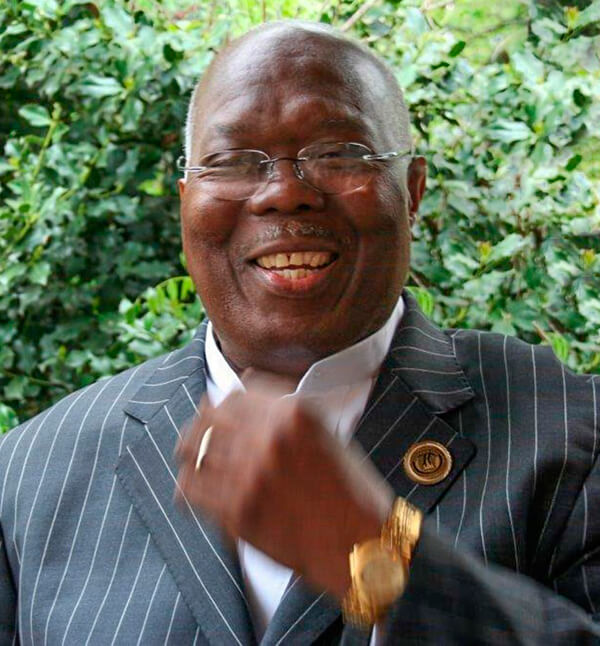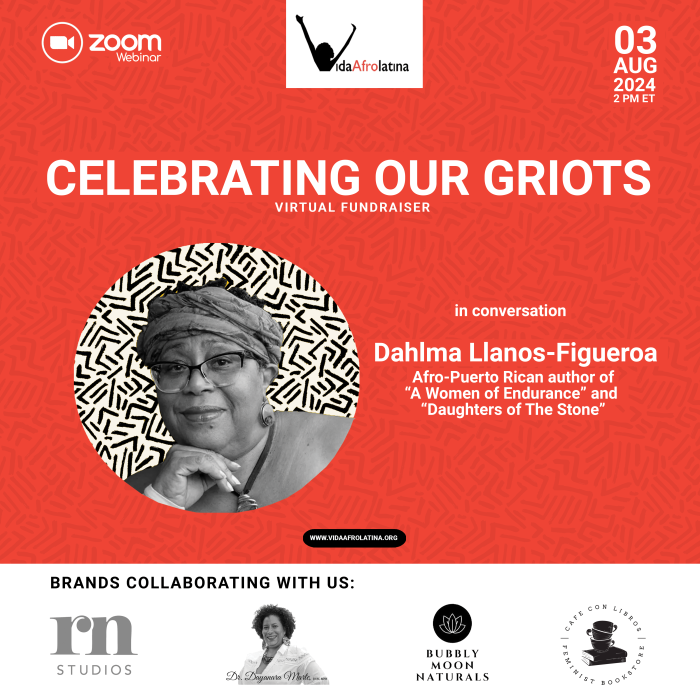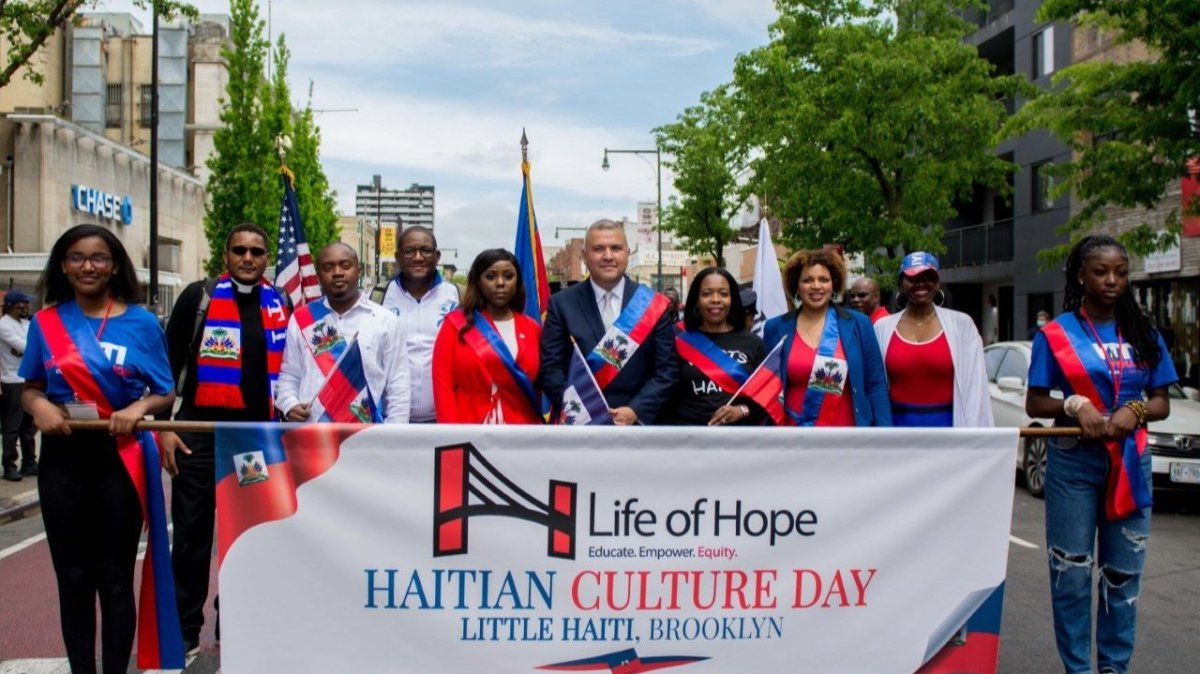Born in Grenada, West Indies, Dr. Roy A. Hastick, Sr. migrated to the United States in 1972 and worked for several years as an administrator, community advocate, entrepreneur and newspaper publisher.
As president and CEO of the Caribbean American Chamber of Commerce and Industry, Inc. (CACCI), for 30 years, Hastick has helped put in place a structure that serves the small business community. CACCI assists people who want to start and grow their own businesses in a climate of unity among diverse cultures.
Decades back in Brooklyn, through his involvement with Community Board #9, Hastick recognized the need for the Caribbean community to unify its forces to improve the quality of life.
Later, he was introduced to other officials through his volunteering with his local Councilman Ted Silverman. Meeting those active in the community enriched the ground from which CACCI would eventually grow.
Hastick started his own “West Indian Tribune” moving it to downtown Brooklyn. It became the newspaper of the Caribbean American Chamber of Commerce and Industry, the organization he formed to provide business networking and business development seminars.
After one year, in 1985, the organization became formalized with a structure and board of 10. CACCI — now with a membership of more than 1,700 — sponsors workshops, seminars and business breakfasts.
CACCI’s training includes business planning, certification preparation, financing, procurement opportunities, financial literacy, job development, and export / import opportunities.
It has also always been Hastick’s dream to develop a Caribbean American Trade and Culture Center to support these local Caribbean owned businesses and help facilitate commerce with the islands.
Last month, it was announced that the Flatbush Caton Market — managed by CACCI — that houses more than 40 micro-vendors will be transformed into a mixed-use project. Projected to open in three years, an expanded renovated market, a new space for the (CACCI), classrooms and a commercial kitchen will be at that site as well as 166 low income residential units.
“This development is a major accomplishment for the Caribbean-American community,” says Hastick.
“In addition to affordable housing, there will be a place for micro-enterprises — those starting from scratch. It will be a place for emerging businesses that want to find a partner and link with businesses in the Caribbean, and it will be a Brooklyn facility where Caribbeans can access resources from Caribbean governments and they won’t have to travel to Manhattan,” explains the CEO.
After decades of work, Hastick’s vision is coming to fruition.

























